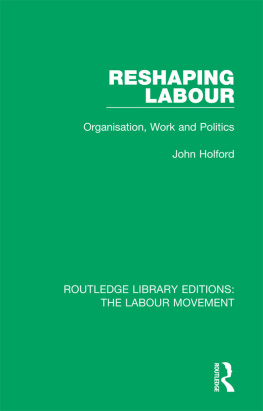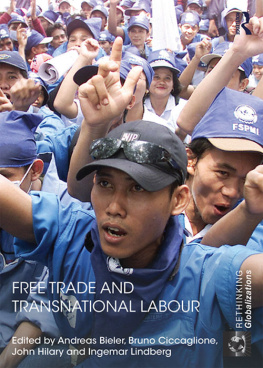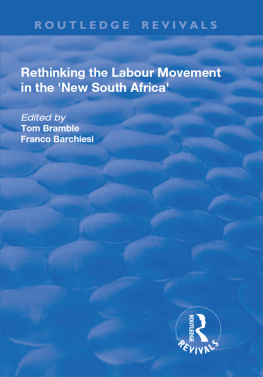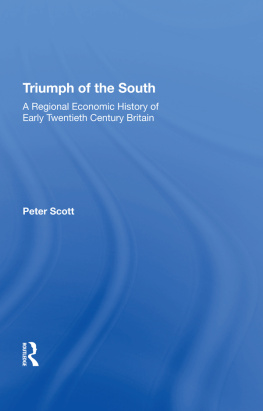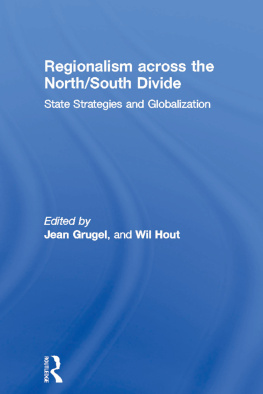Contents
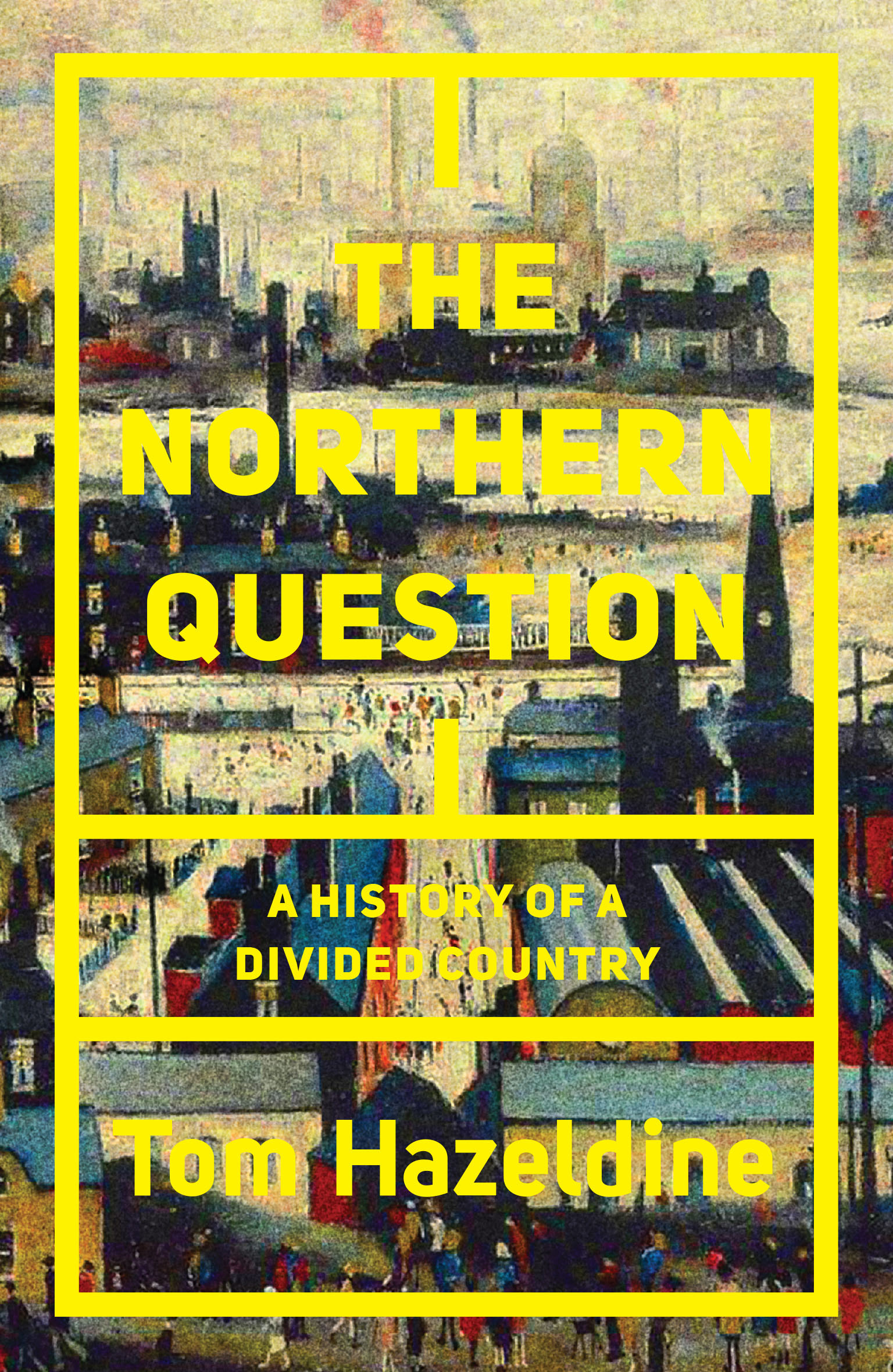
The Northern Question
The Northern Question
A History of a
Divided Country
Tom Hazeldine

First published by Verso 2020
Tom Hazeldine 2020
An earlier version of Chapter 9 appeared as Revolt of the Rustbelt,
New Left Review 105, MayJune 2017
All rights reserved
The moral rights of the author have been asserted
1 3 5 7 9 10 8 6 4 2
Verso
UK: 6 Meard Street, London W1F 0EG
US: 20 Jay Street, Suite 1010, Brooklyn, NY 11201
versobooks.com
Verso is the imprint of New Left Books
ISBN-13: 978-1-78663-406-1
ISBN-13: 978-1-78663-408-5 (US EBK)
ISBN-13: 978-1-78663-407-8 (UK EBK)
British Library Cataloguing in Publication Data
A catalogue record for this book is available from the British Library
Library of Congress Cataloging-in-Publication Data
A catalog record for this book is available from the Library of Congress
Library of Congress Control Number: 2020941831
Typeset in Sabon by MJ & N Gavan, Truro, Cornwall
Printed in the UK by CPI Group (UK) Ltd, Croydon CR0 4YY
For Anton, my Londoner
The lamented growing abyss between North and South should not really be a subject for mere figures, nor for moral outrage, nor for futile retreads of Westminster-inspired modernisation: it cant be tackled within the existing State, because it is the existing State, the dominance of the Crown (or anti-industrial) culture, the thriving pseudo-nationalism of the Old Regime.
Tom Nairn, The Enchanted Glass (1988)
Contents
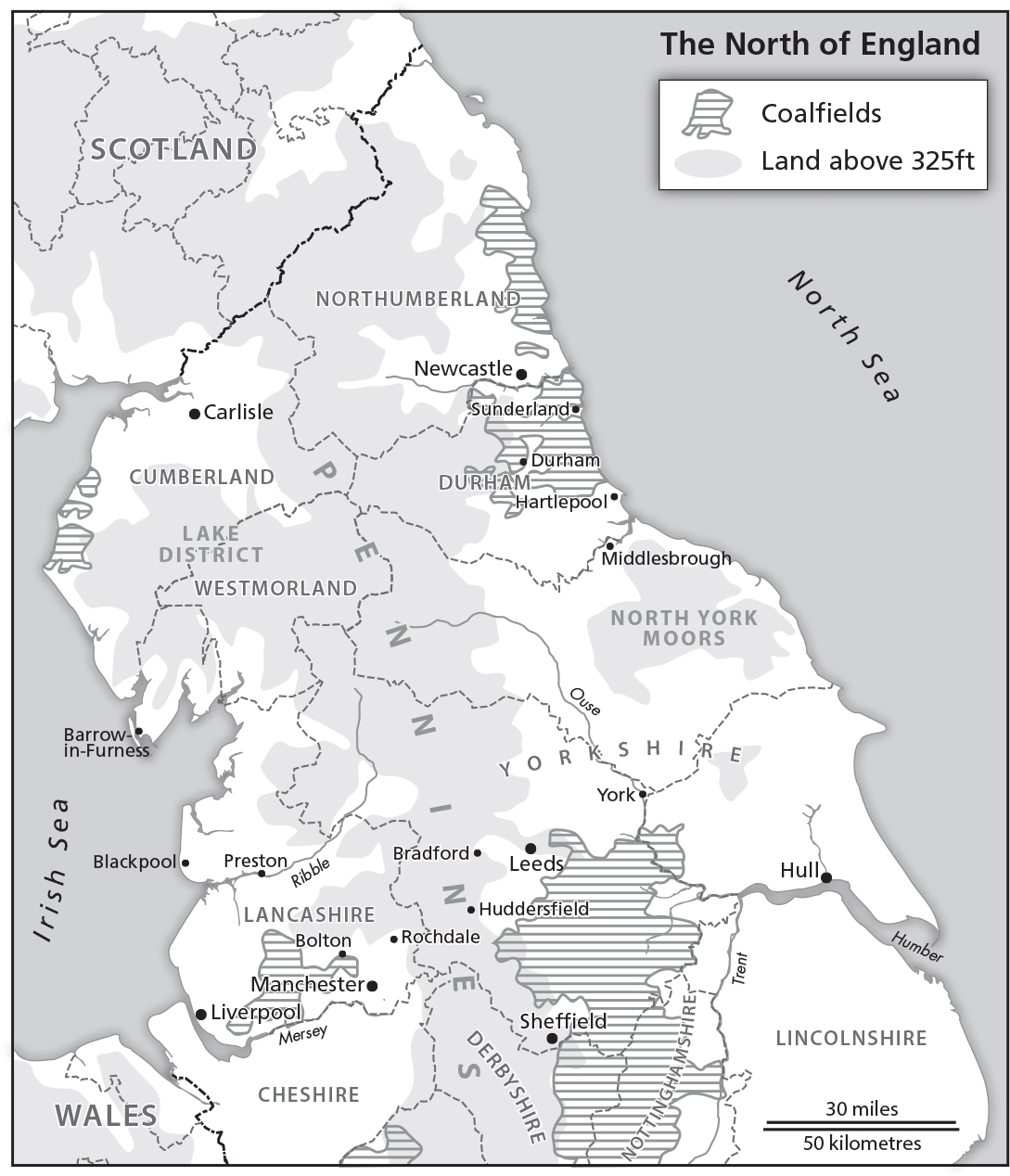
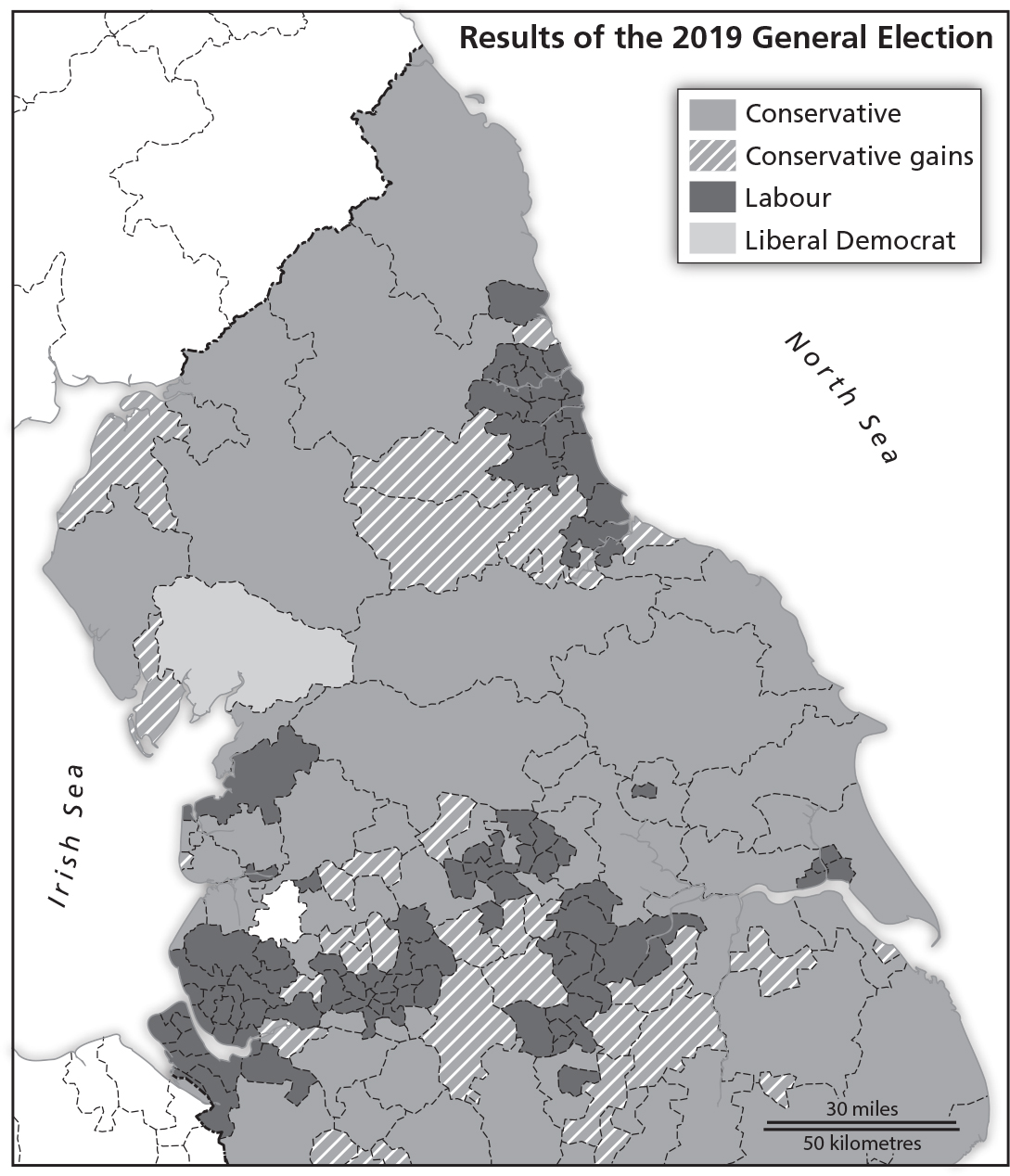
H ow to get a handle on the politics of an out-of-kilter country like Britain? In The Northern Question I wager that it requires an approach to the problem of regional division. There was a brief period in the late 2010s when this became something of a commonplace. Nothing else could account for the topsy-turvy quality of the pre-pandemic years, when, as the Financial Times put it, a new national appetite for upheaval turned Britain into the Western worlds box of surprises.
The political temperature in the capital gave a misleading impression of where the crisis over Brexit was headed. Opinion in Westminster and the City was, for the most part, dead-set against leaving the EU. Fleet Street was more divided but just as flummoxed by the referendum result. The FT awoke with a start to a roar of rage from alienated voters that toppled the prime minister, jeopardised the Union, diminished the UKs international standing and destabilised the currency and bond markets, sending the pound to a thirty-year low. Intense volatility was inevitable given how far prices had been bid up in anticipation of a Remain vote, it regretted.
Among the devolved nations, parliamentary arithmetic and the logistics of cross-border trade gave the Unionist majority in Belfast special leverage over the Theresa May government, but as beneficiary of the crisis on the mainland not prime mover. Scottish politics had stabilised after Labours 2015 implosion, while the Cardiff administration continued to be all but invisible.
It was instead northern England that propelled itself to the foreground of national attention, for the first time since the socio-economic crisis of the Thatcher years. Wasted by Whitehall spending cuts, the North voted down the Cameron government in the referendum, then declined to fall into line with Theresa Mays pro-Brexit but also pro-austerity administration at the subsequent general election, helping to land the Conservatives against all expectations in a hung Parliament. Following that debacle, I wrote a draft article for New Left Review arguing that Britains ruling institutions, having shot the industrial North dead on behalf of the conflicting policy requirements of the City of London, all of sudden found a northern albatross lying heavy around their necks. Editors at the journal objected to the metaphor of a dead bird, but otherwise kept the image. The weight of the North bore down on Westminster, imperilling any attempt to forestall the impending farewell from Brussels through the ruse of a second referendum.
Saying this much isnt to figure rustbelt discontent as the sole dynamic in play. The pressure on Conservative seats from UKIP that edged Cameron towards the precipice of a Remain/Leave referendum, and the July 2019 election of Johnson as party leader on a hard-Brexit platform by a Tory membership concentrated in the Home Counties, suggest otherwise. The trumping of material predictors of a Remain position by an ideological adherence to Leave call it reassertion of ex-imperial national identity was strongest in affluent Berkshire, Buckinghamshire and Oxfordshire. The South contributed a lower surplus of Out ballots than the Midlands or the North, where the objective conditions for a protest vote were stronger, but it exercised a leading influence over the Conservatives path into and through the crisis.
That Johnson was ultimately able to drag his party and government clear of the Brexit morass, however, relied on the lifeline thrown him by traditionally Labour-voting constituencies in the Norths former industrial monotowns and coalfield communities. For the geographer Doreen Massey, writing after a second resounding election victory for Thatcher in 1987, Labours strongholds in the North, Scotland and Wales constituted the heartlands of If history repeats itself, its variations never fail to surprise. In 2019, support for Labour in the heads of the Valleys and West Wales dropped, the SNP consolidated its local hegemony north of the Border, and most strikingly of all, northern England powered the governing Conservatives to national victory. A section of the deracinated northern working class reeling from forty years of Thatcherism had lent its support to a Tory administration first hoisted into power by John Bull pensioners in the southern shires.
Whatever one thinks of these proceedings and exiting the European Union caught some on the left in no mans land between Bennite Euroscepticism and hostility towards the Powellite Leave campaign mounted by Farage a fuller contextualisation is needed for the protest votes that upended politics-as-usual before ushering in a restoration under a Conservative government whose distinctive mixture of late-Thatcherism, public-school amateurism and electoral populism will determine our passage through the more profound dislocations of the current decade.
The North held on to its unusual political prominence until the March 2020 budget, after which Westminster was overwhelmed by the coronavirus. The pandemic has placed new stresses on the UKs territoriality: devolved administrations going their own way over how and when to unwind the spring lockdown; new metro mayors popping up on national media threatening to do likewise, though in reality powerless to manage the contagion; the more consequential tier of local authorities below them frustrating the governments early reopening of English schools. But in spite of these irritants, the failure to control the coronavirus is a failure of the centralised, neoliberalised British state one that, as I write, has delegated responsibility for post-lockdown contact tracing to the FTSE listed outsourcing firm Serco, routinely rated piss poor by


